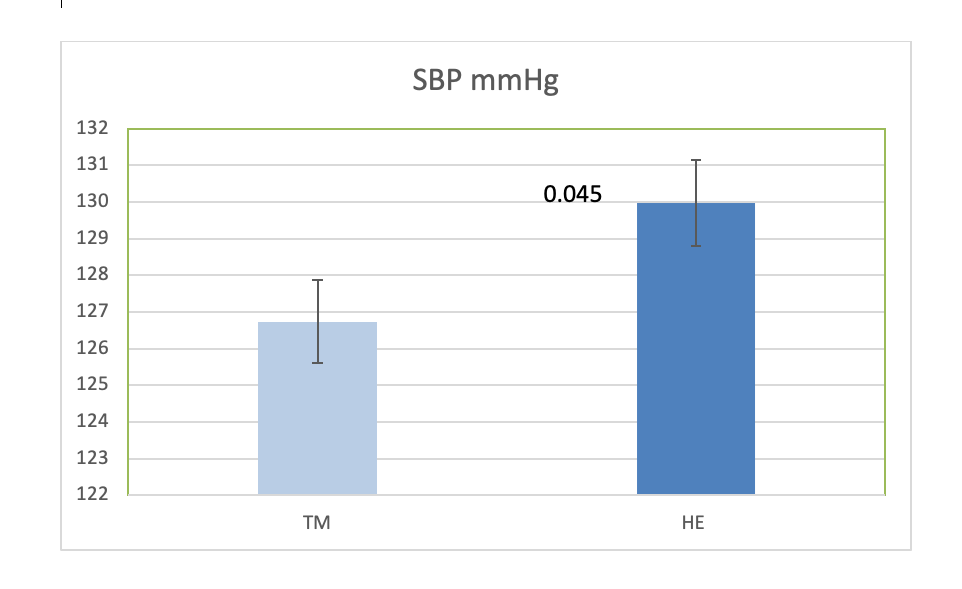
High-Risk Black Adults Benefit from TM Practice

January 17, 2022 • ISSUE 606
High-Risk Black Adults
Benefit from TM Practice
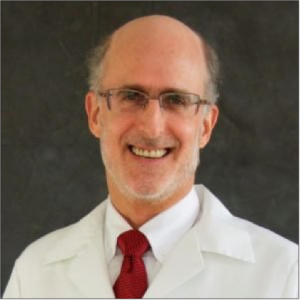
Dr. Robert Schneider
The latest NIH-sponsored study led by Dr. Robert Schneider and collaborators at the Medical College of Wisconsin was published in the December 2021 issue of the American Journal of Preventative Cardiology. The study found that the Transcendental Meditation® technique reduces risk for cardiovascular disease and potentially related co-morbidities, such as COVID, in Black adults with high normal blood pressure.

There was a significantly greater systolic blood pressure reduction in the TM group compared to the health education group for participants with high normal blood pressure
|
“High blood pressure contributes to severe illness and death from COVID as well as heart attack and stroke,” said Dr. Schneider. “Black Americans who suffer from health inequalities and all at-risk adults would benefit from naturally lowering their BP through the Transcendental Meditation program.”
Although prior studies have shown the benefits of the TM® technique on hypertension in Black Americans, this is the first published clinical trial studying the long-term effects of stress reduction for at-risk individuals with high normal blood pressure, also called pre-hypertension. More than half of Black adults suffer from either pre-hypertension or hypertension.
The study followed 304 Black man and women who were randomized to either the TM program or a health education group. Their blood pressure was measured regularly for up to 36 months.
|

Co-authors Drs. Komal Marwaha, John Salerno, Carolyn King, Sanford Nidich, and Charles Alexander
|

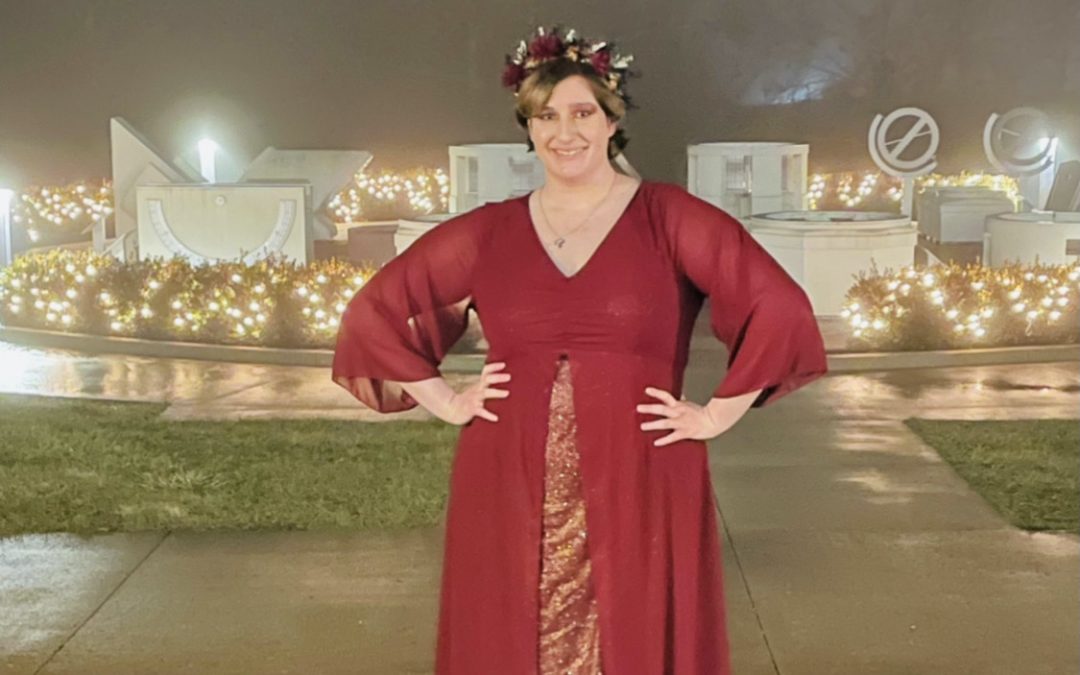
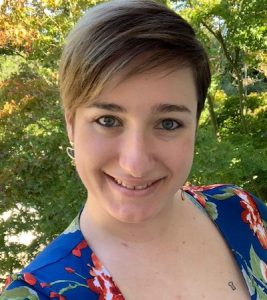 Francesca Redlich is a student from California who has served on MIU Student Government since her enrollment in August 2019. She has acted as LGBTQ+ as well as diversity, equity, and inclusivity representative and is now the Student Body president.
Francesca Redlich is a student from California who has served on MIU Student Government since her enrollment in August 2019. She has acted as LGBTQ+ as well as diversity, equity, and inclusivity representative and is now the Student Body president.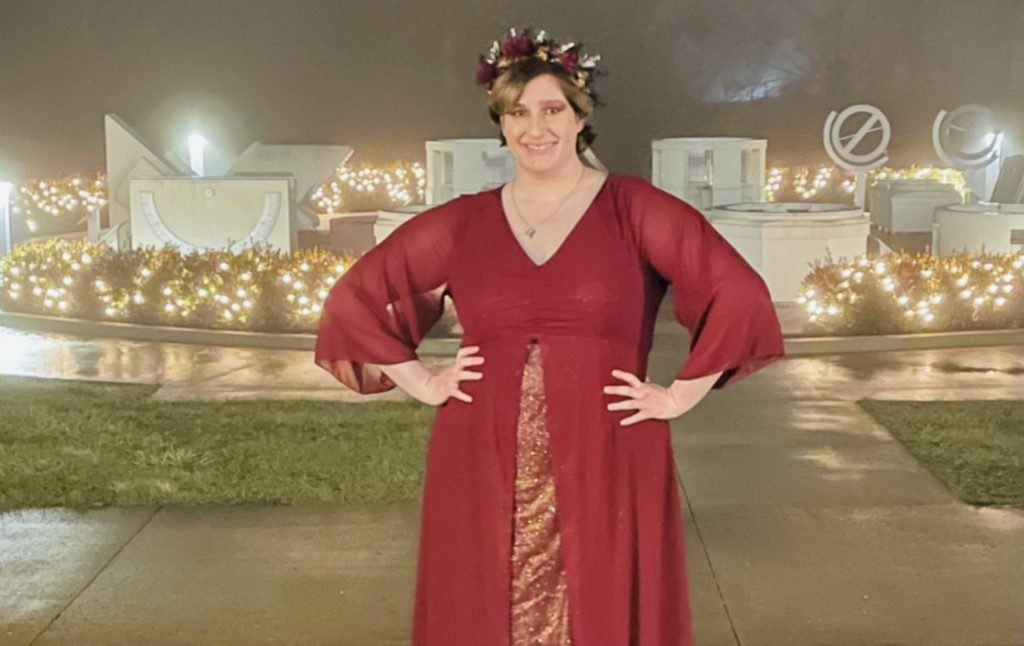
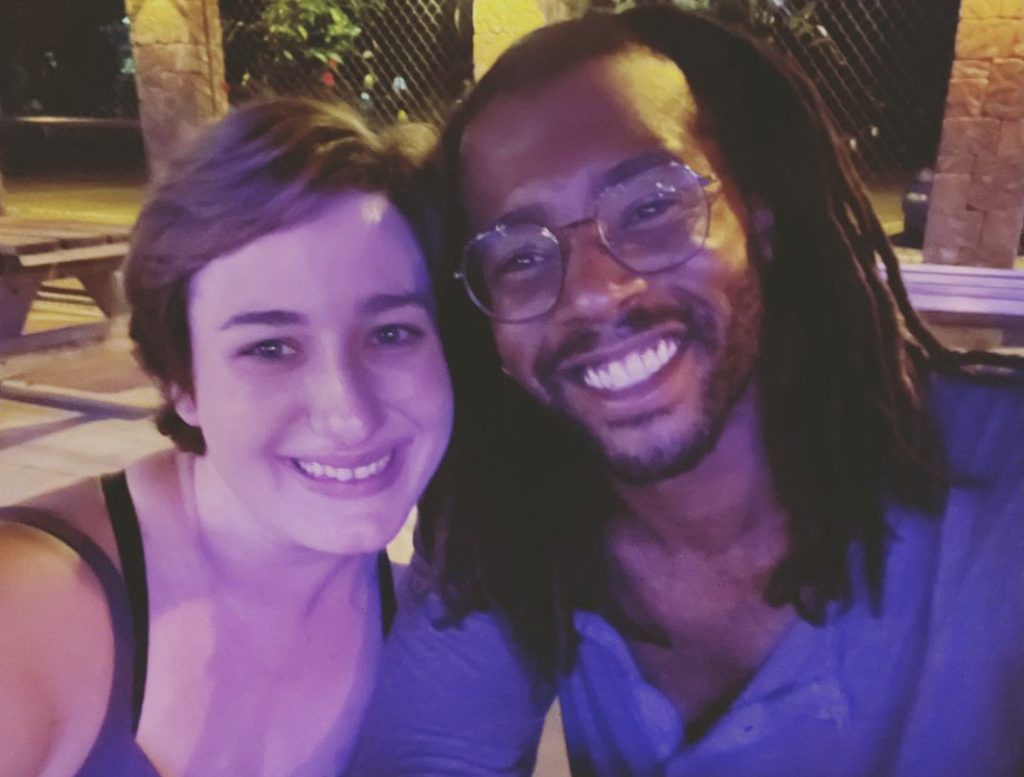


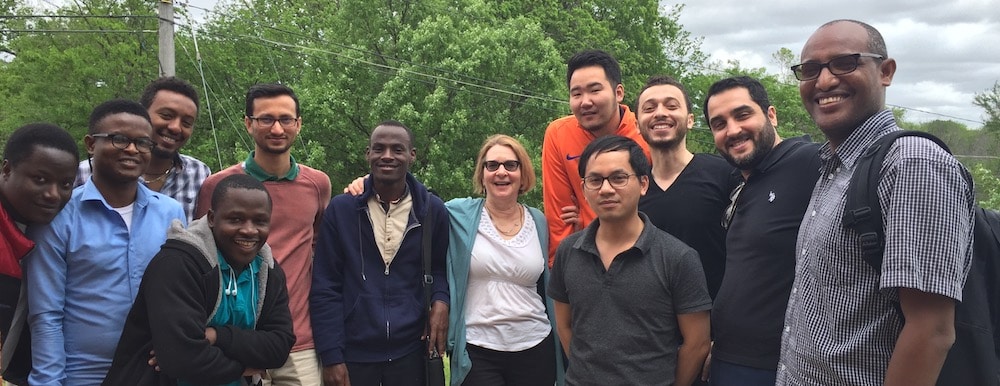
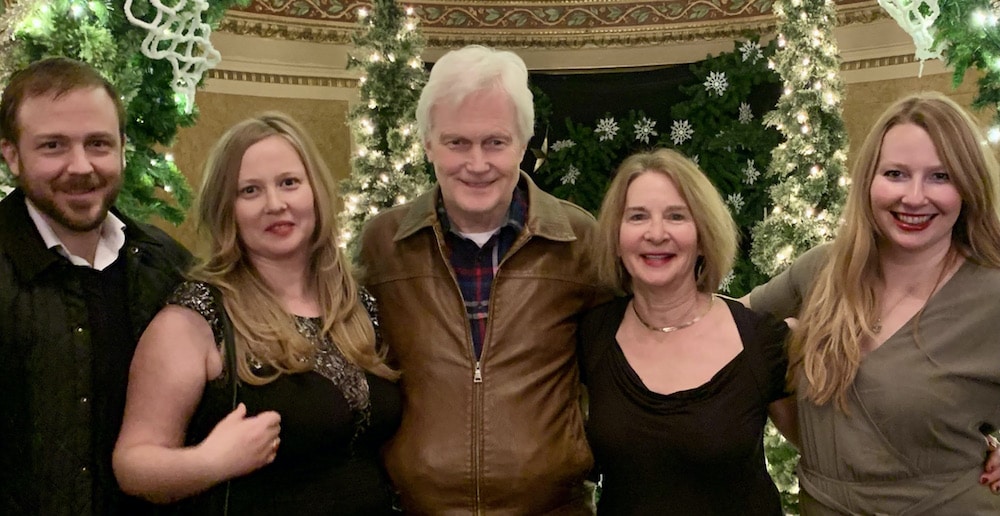

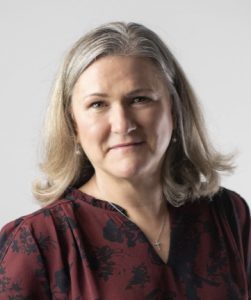

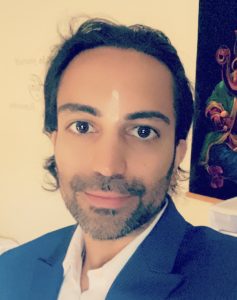 MIU student Sunpreet Chohan came to the United States from India as a child with his family, who settled down in Long Island, New York. Sunpreet began a career in banking at the age of 16 and worked his way up from teller to investment banker while earning a bachelor’s degree from Saint John’s University, New York City.
MIU student Sunpreet Chohan came to the United States from India as a child with his family, who settled down in Long Island, New York. Sunpreet began a career in banking at the age of 16 and worked his way up from teller to investment banker while earning a bachelor’s degree from Saint John’s University, New York City.